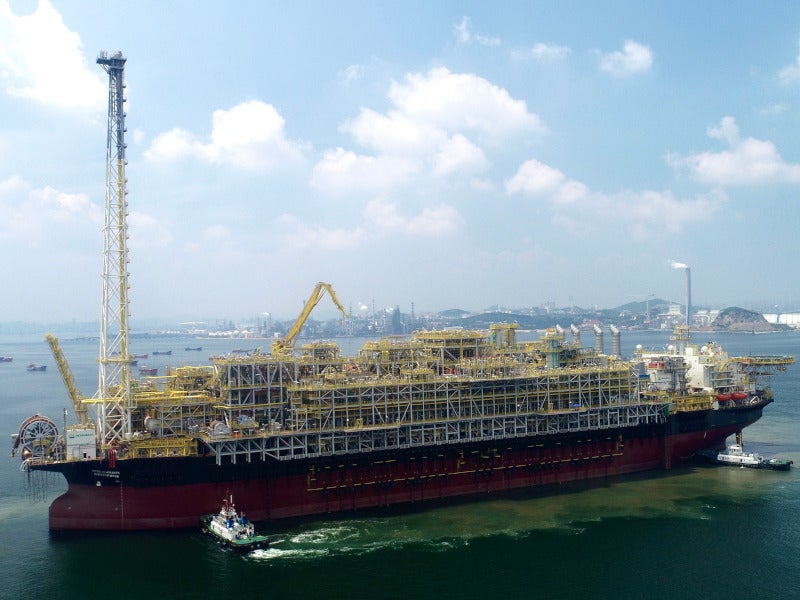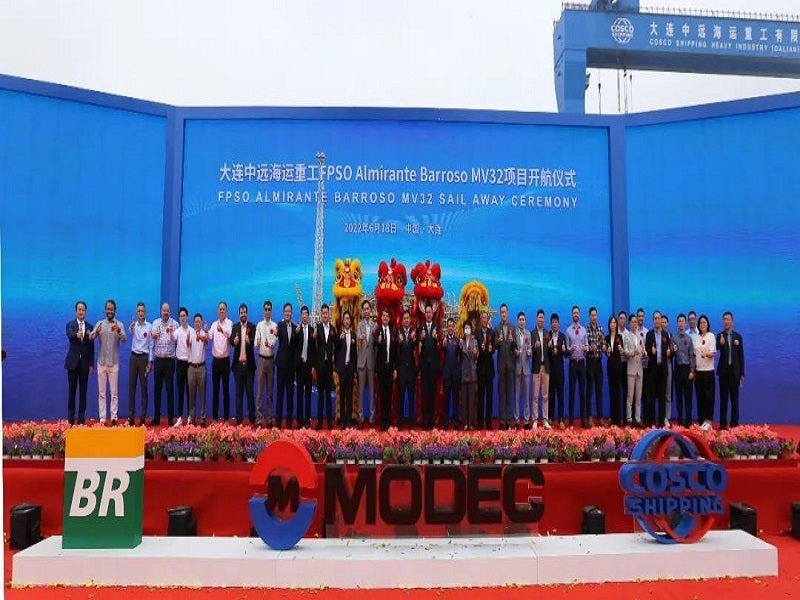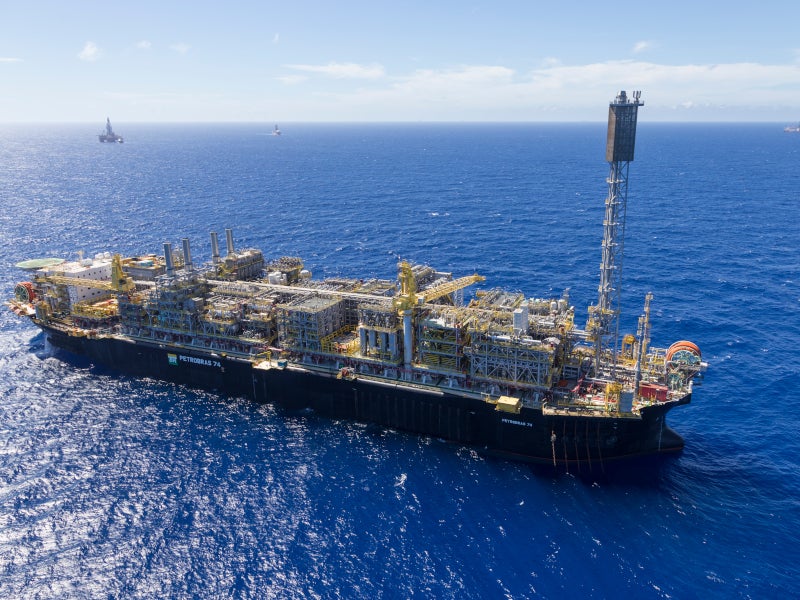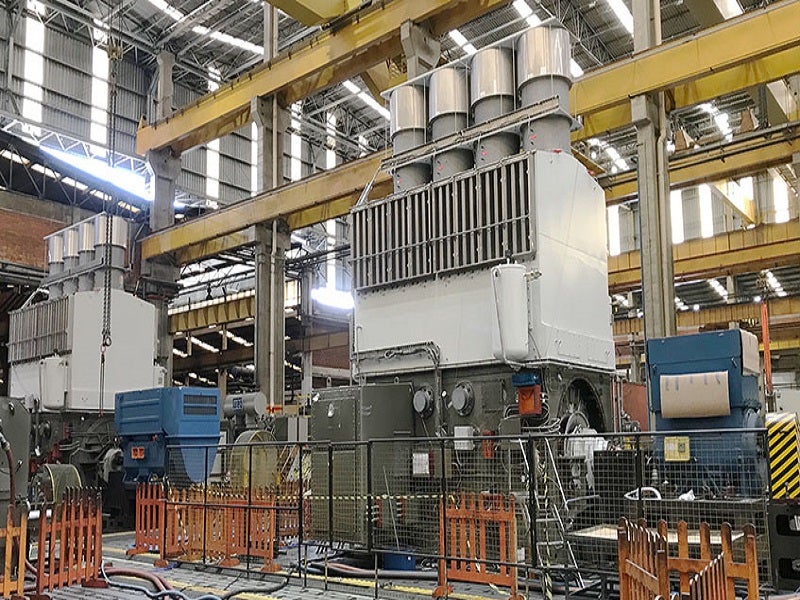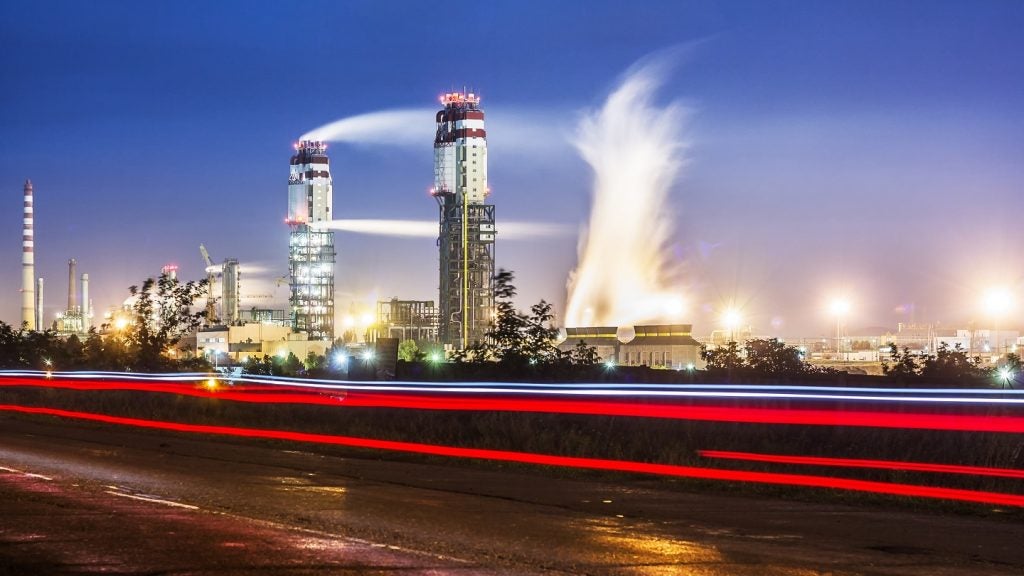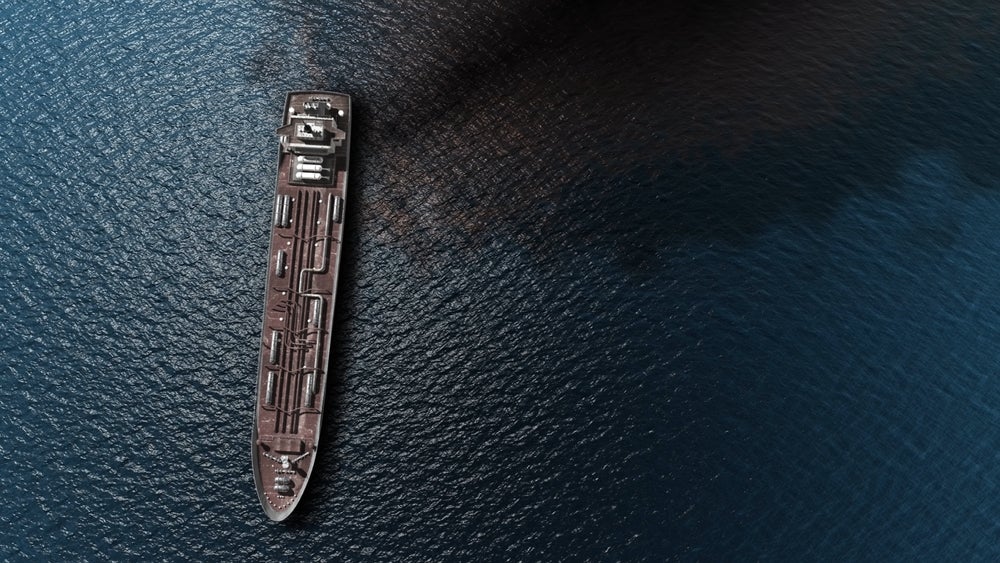Búzios (formerly Franco) is a large deepwater oil field located within the Cessão Onerosa (Transfer of Rights) region of the pre-salt Santos Basin, offshore Brazil. The offshore field covers an area of 416km² and is situated approximately 200km off the coast of Rio de Janeiro at water depths ranging between 1,600m and 2,100m.
Petrobras, a Brazilian state-owned oil and gas producer, operates the field with 92.6% interest. The remaining 8.4% is shared equally between CNOOC and CNODC, a subsidiary of China National Petroleum Corporation (CNPC).
First production from the field was achieved in April 2018. The field produced 616,000 barrels of oil per day (bopd) in June 2022, which was the highest average monthly production volume since April 2018. Petrobras aims to produce more than two million barrels of oil equivalent per day (boepd) from the field by 2030.
Búzios field discovery and exploration
Located north of the giant Tupi field, Búzios field was discovered in 2010 by the 2-ANP-1-RJS (Franco) discovery well, which flowed at an initial test rate of 50,000boepd from the pre-salt reservoir.
The extension well is known as 3-BRSA-1184-RJS (3-RJS-723/Franco Leste). It is situated 7.5km south-east of Franco and was completed to a total depth of 5,900m in November 2013. The well encountered a 396m column of oil.
Petrobras acquired 3D seismic data for the entire area and drilled two mandatory wells, as well as six additional wells at the field. The oil quality is rated between 26º and 28º API.
FPSOs for Búzios
The deepwater field was developed using four floating, production, storage and offloading units (FPSOs), namely P-74, P-75, P-76 and P-77, which were converted from very large crude carriers (VLCCs). The P-76 is designed to have a daily production capacity of 180,000 barrels of oil and seven million m³ of gas, while the other three vessels have a designed daily production capacity of 150,000 barrels of oil and seven million m³ of gas.
The P-74, P-75, P-76 and P-77 were installed within the Búzios 1, Búzios 2, Búzios 3 and Búzios 4 areas, respectively.
Production at the P-74 started in April 2018, followed by the P-75 in November 2018. The P-76 and P-77 were commissioned in 2019.
The field is planned to be installed with eight additional FPSOs by 2030, bringing the total number of FPSOs to 12. Four units, namely FPSO Almirante Barroso, FPSO Almirante Tamandaré, P-78 and P-79, are under construction.
The FPSO Almirante Barroso MV32 will be the fifth definitive production ship for the field. It was modified from a 300,000t large crude carrier named EDDIE.
To be operated by MODEC, the FPSO will have a length of 332m, width of 58m and depth of 31m. It will have an oil processing capacity of 150,000bopd and gas processing capacity of 212 million ft³ a day. Its water injection capacity will be 240,000 barrels a day, while the storage capacity will be 1.4 million barrels of oil.
To be deployed at a water depth of 1,900m, the FPSO will be connected to ten wells. It is expected to accommodate 160 people.
MODEC has 35% ownership in the FPSO, while Mitsui & Co, Mitsui OSK Lines and Marubeni own 35%, 20% and 10%, respectively.
The conversion into an FPSO was completed in June 2022, and the vessel is expected to reach Brazil in October 2022. Production from the unit is expected to start in 2023.
The Búzios 6 project is expected to start producing oil through the FPSO Almirante Tamandaré, the sixth definitive production ship, in the second half (H2) of 2024.
The FPSO Almirante Tamandaré will have a processing capacity of 225,000bopd as well as 12 million m³ of natural gas a day. To be connected to 15 wells, the FPSO will be operated by SBM Offshore with 55% ownership. Mitsubishi will have a 25% stake and the remaining 20% will be held by Nippon Yusen Kabushiki Kaisha.
The Búzios 7 project will produce through the P-78, the seventh definitive production unit. This FPSO will be linked with 15 subsea wells.
The P-78 and P-79, the eighth definitive production unit, will each have an oil processing capacity of 180,000bopd and gas processing capacity of 7.2 million m³ a day. Each vessel will have a storage capacity of two million barrels of oil. Both FPSOs are expected to commence production in 2025.
The ninth production unit, P-80, will have a production capacity of 225,000bopd and 12 million m³ of gas processing a day. It will also have a water injection capacity of 250,000bpd and storage capacity of more than 1.6 million barrels of oil. The production unit is expected to be among the largest oil-producing FPSOs in the country.
Construction of FPSO P-80 is expected to be completed in the first half (H1) of 2026.
The FPSOs P-80 and P-78 will incorporate carbon capture and reinjection technologies to minimise emissions. The design of the FPSOs is focused on maximising carbon reinjection and reducing the need for gas flaring.
Contractors involved
Keppel Shipyard, a subsidiary of Keppel Offshore & Marine, part of Singapore-based conglomerate Keppel, was awarded an engineering, procurement and construction (EPC) contract worth $2.9bn for the FPSO P-80 for the Búzios field in August 2022. Keppel Shipyard had previously received a $2.3bn contract for the construction of the FPSO P-78 in May 2021.
Siemens Energy was subcontracted by Keppel Shipyard to deliver the topsides turbomachinery package for the P-78 in April 2022. The contractual scope includes the supply of power generation and compression packages, consisting of main gas, export gas, injection gas and CO₂ injection compressors.
Italy-based multi-national oilfield services company Saipem was awarded a contract worth $940m for the engineering, procurement, construction and installation (EPCI) of subsea umbilicals, risers and flowlines for the installation of a rigid riser-based subsea system for the Búzios 7 project in November 2021.
Petrobras also placed a contract worth $2.3bn to a joint venture (JV) between Saipem and Daewoo Shipbuilding & Marine Engineering for the construction of the FPSO P-79 in June 2021.
Saipem subcontracted GE Power Conversion, an electrical engineering company and subsidiary of GE, for the development of the electrical module for the FPSO P-79 in April 2022. To be delivered in 2023, the module will have a length of 33m, height of 25m, width of 22m and weight of 2,000t. GE Power Conversion also provided electrical modules for the FPSOs P-75 and P-77.
Saipem also received the EPCI contract for steel lazy wave risers (SLWR) and associated flowlines between all wells and the Búzios 5 project FPSO in July 2020.
Global steel pipes manufacturing company Tenaris received a four-year contract to supply casing for the Búzios project in July 2022. The company will supply more than 100,000t of casing in carbon and high collapse steel grades.
In July 2020, WEG, a global electric motors and generators manufacturer, was contracted to provide four 40MVA two-pole gas turbine generators for the Búzios 5 project FPSO.
TechnipFMC, an engineering company based in France, was awarded a contract to provide subsea EPCI services for the Búzios 6 project in January 2022. The company received a subsea contract for Búzios 6, 7, 8 and 9 in June 2021. The contractual scope includes the supply of subsea trees with controls, topside equipment, electrical and hydraulic distribution units, as well as installation and intervention support services.
Offshore drilling company Seadrill was appointed to provide the West Jupiter drillship for drilling work in the Búzios field area in December 2021.
Veolia Water Technologies, part of Veolia Environnement, subsidiary VWS Westgarth was subcontracted by MODEC for the seawater treatment system of the FPSO Almirante Barroso MV32 in January 2020.
COSCO SHIPPING Heavy Industry (Dalian), an affiliate of COSCO Shipping Holdings, was selected to modify the vessel for the Búzios 5 project in 2019.
MODEC appointed SOFEC for the design and procurement of a spread mooring system for the FPSO Almirante Barroso MV32. Topsides of P-74 were constructed by EBR, a consortium formed by Setal and Toyo, while those of P-76 were constructed by Technip-Technit, a consortium of Technip Brazil and Techint. The Technip-Technit consortium contracted Bureau-Veritas to conduct safety studies for P-76.
The contract for the construction and integration of the topside modules for P-75 and P-77 was awarded to RIG Consortium formed by Queiroz Galvão, Camargo Correa and IESA.
Conversion of the hulls of all four VLCCs into FPSO platforms was performed by Enseada Indústria Naval, a JV of Odebrecht, OAS, UTC and Kawasaki Heavy Industries (KHI). Accommodation modules on all four FPSOs were installed by BSL, a JV of SBM Offshore and Naval Ventures Corp (Synergy Group).
Aibel fabricated five modules for P-74 under a subcontract with EBR. The lifting, transportation and installation of P-74’s accommodation and service modules at Rio de Janeiro were performed by ALE, while the transportation of the foundation decks was performed by Jumbo.
GE Oil & Gas supplied the main turbomachinery equipment for the four FPSOs (P-74, P-75, P-76 and P-77), while Dresser-Rand supplied its DATUM compressor trains for the FPSOs.
Other suppliers and contractors involved in the project are Frames, Flenco, GEA do Brasil, Novenco Marine & Offshore, Mampaey Offshore Industries, Syncor, EPS and Emerson.

